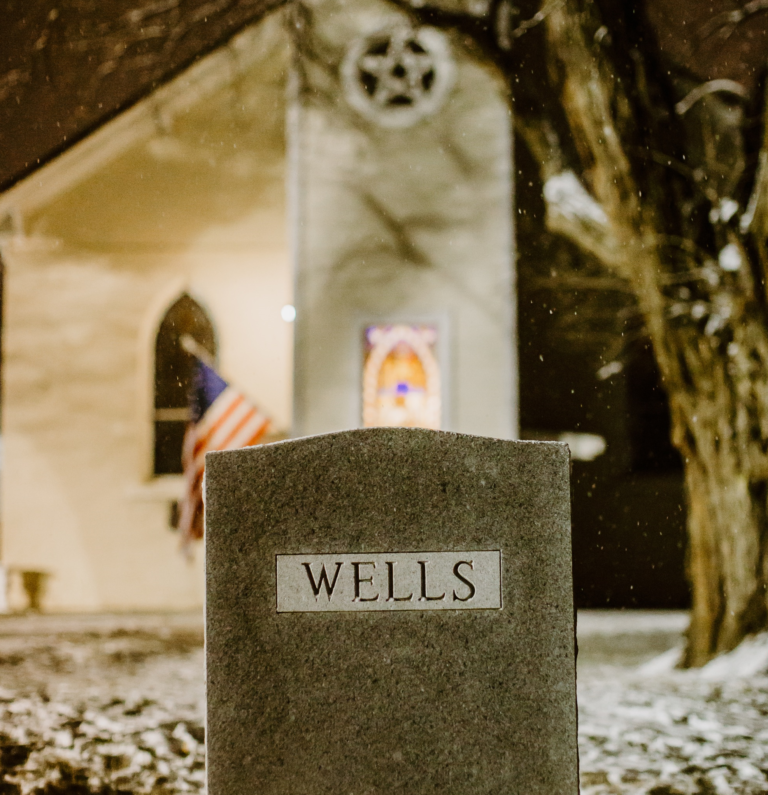T
TheLittleLady
Guest
This excerpt from Google Books includes the footnote for further reading. Prior to the 80’s, the “experts” believed that the abuser could be reformed with proper treatmentThey moved Priests around
Canon Law
Canon Law: A Comparative Study with Anglo-American Legal Theory, by the Reverend John J. Coughlin, explores the canon law of the Roman Catholic Church from a comparative perspective. The Introduction to the book presents historical examples of antinomian and legalistic approaches to canon law...
books.google.com
While the medical and psychological community have gained far greater insight today, we must consider the framework of the age.
The validity of the Sacraments is not dependent on the state of grace/mortal sin of the priest confecting the Sacrament. See above articles that show the belief that the priest must be in a state of grace to confect valid sacraments is actually a heretical belief.What about the clergy who were aware of the issues and did not act properly who continued to celebrate Mass?

